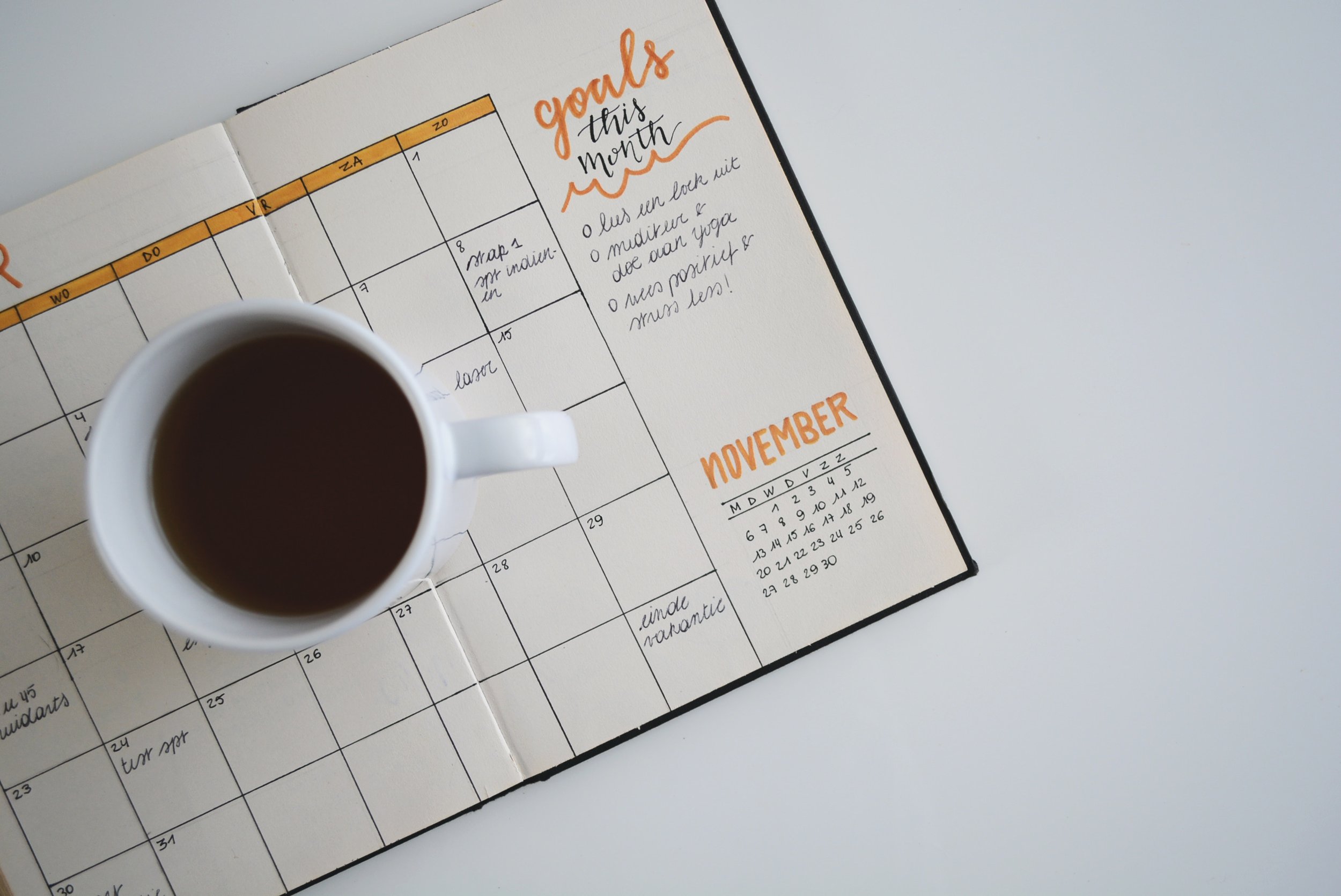Everyone experiences anxiety in one form or another. However, there is a large difference between having an anxiety disorder and feeling anxious every now and then. For instance, it is pretty common and typical for someone to be anxious before they take an exam but becoming so anxious that they don't eat and decide to not show up to the exam at all could be a sign that that person has a disorder.
Anxiety disorders themselves range from being mild to severe and it can also depend on what triggers a person's experiences and how often. In short, anxiety is a broad term that ultimately depends on the individual.
It can be difficult to describe anxiety to someone who has never truly experienced it like the people who have disorders do.
Social media is full of attempted explanations, but there are still those people who tell us to "get over it," "don't think about it so much," and "there's no reason to be anxious."
One of the biggest misunderstandings about having anxiety is that most of the time we know that there isn't any real reason to be anxious, and that our minds are overreacting. The thing is though, it just feels impossible for us to turn it off and think logically in that moment. There's not a whole lot we can do.
As a therapist that specializes in ANXIETY - I get you.
Anxiety is like swimming in the ocean with no land in sight: The mind has a keen way of magnetizing events of our lives. What can seem small and insignificant to one is massive in scale to another. Consider a 7ft man floating in an ocean 450ft deep. While he is large on land, the ocean proves a great challenge to his sense of size.
Anxiety is diving deep underwater, then swimming back up to the surface, but the surface is farther away that it seemed so you suddenly feel as if you are about to drown.















